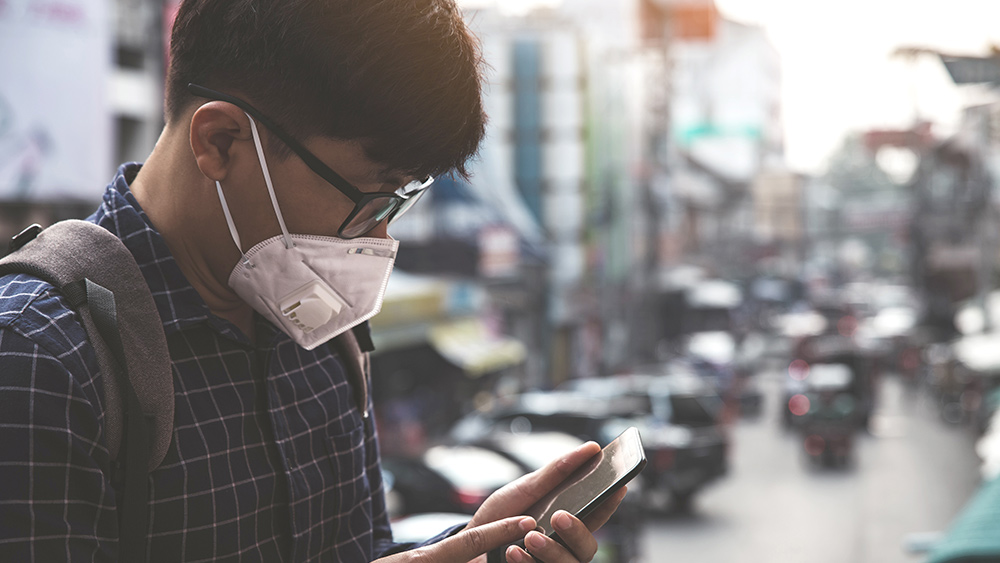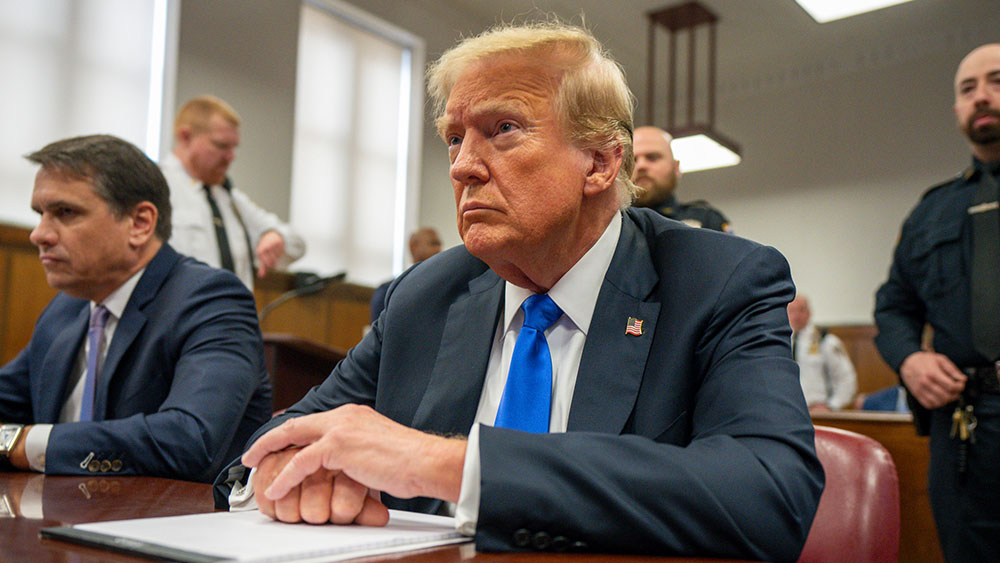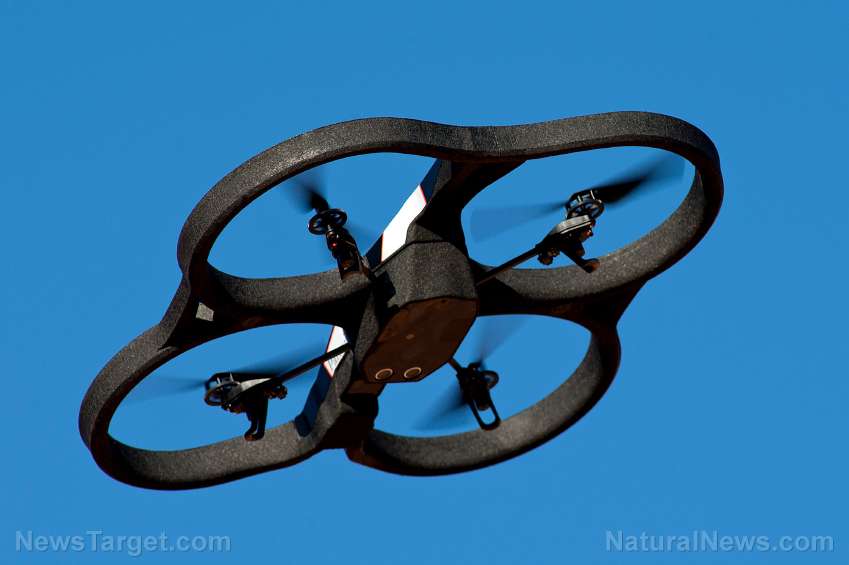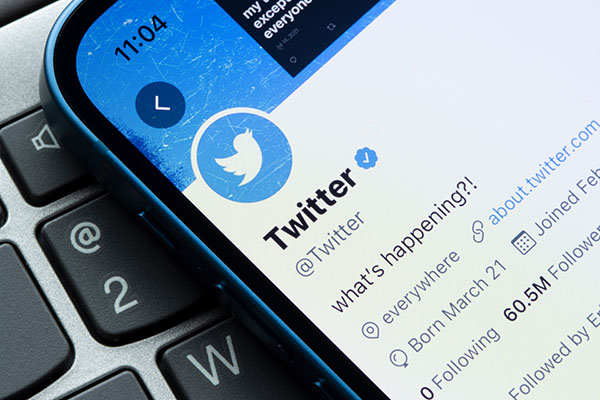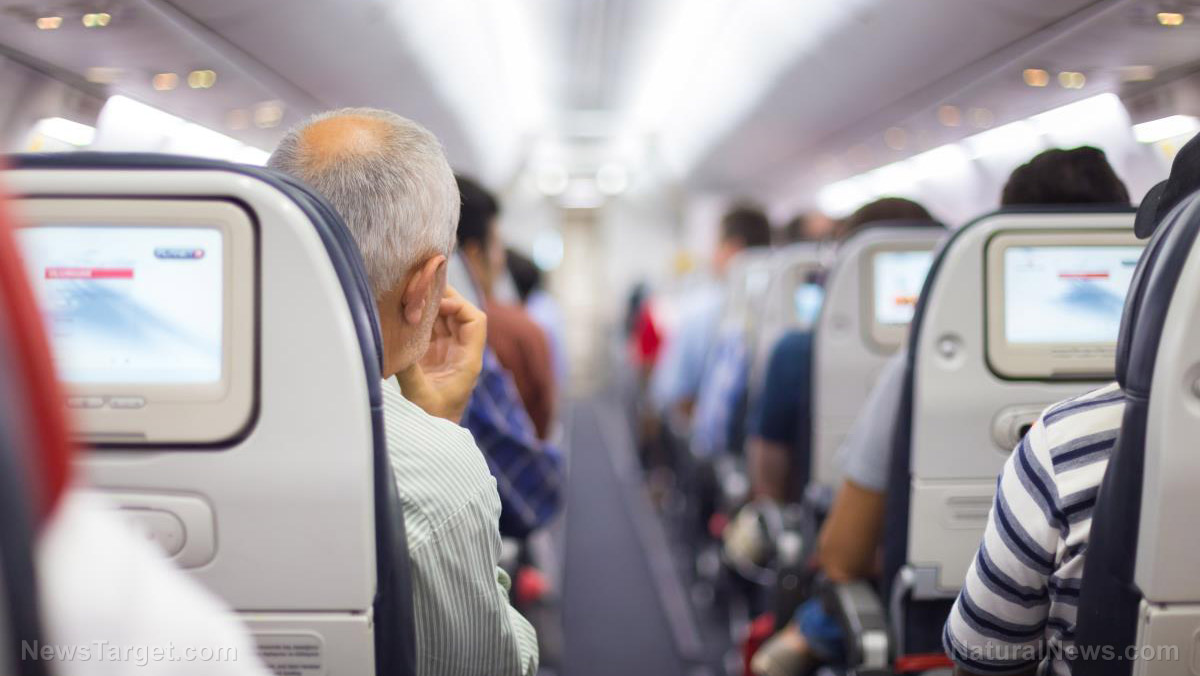Controversial Real ID will be mandatory for domestic air travel by May 2025
06/06/2024 / By Belle Carter
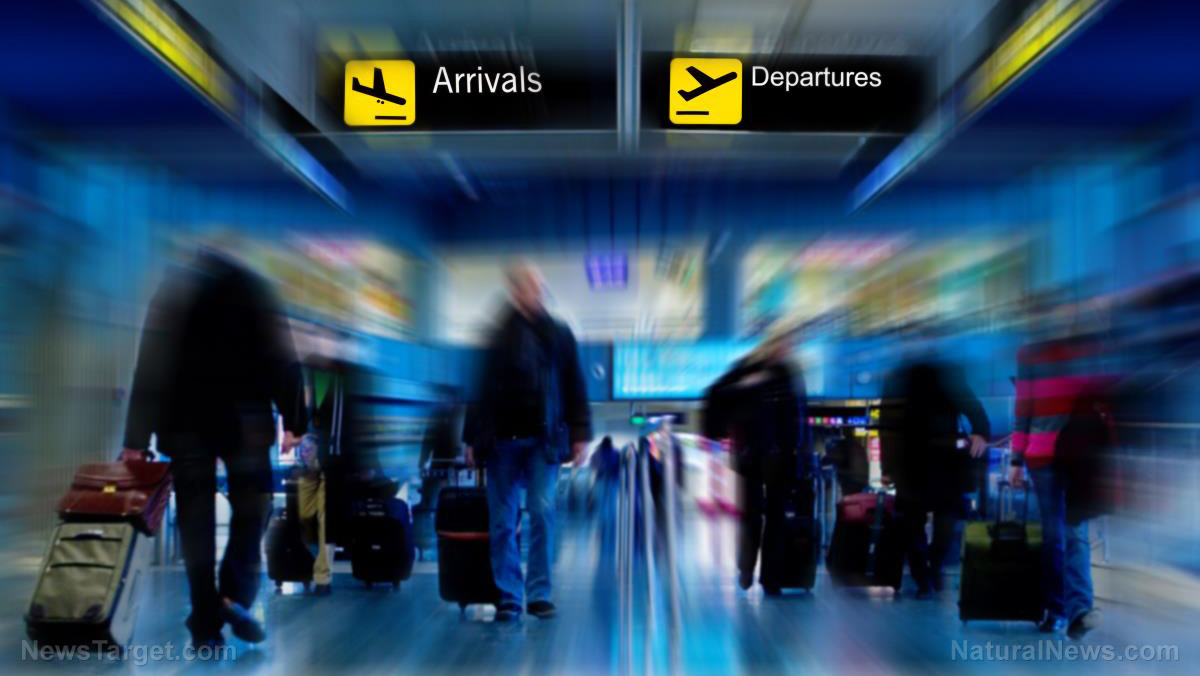
The heavily criticized Real ID, a government-issued identification that meets “federal security standards,” has been announced to be mandatory for domestic air travel in the United States starting May 7, 2025.
As recommended by the 9/11 Commission, Congress passed the Real ID Act back in 2005. The Department of Homeland Security (DHS) explained the act will be the standardization of the issuance of ID cards, driver’s licenses and similar forms of identification. The act ultimately requires anyone accessing certain federal facilities, boarding commercial aircraft or entering nuclear power plants to use the ID, replacing the traditional state-issued identification cards.
“The deadlines have been pushed out several times with the current date of May 7, 2025,” Dr. Sheldon Jacobson, a professor of computer science at the University of Illinois Urbana-Champaign with a research background in aviation security, said. The planned implementation date was originally announced for 2008, but it has been delayed several times, most recently by the pandemic and backlogs at the Department of Motor Vehicles(DMV) offices.
In the spring of next year, travelers 18 years and older will no longer be able to use the old licenses however, passports are an option. “You can use a passport or other forms of ID that have a higher level of validation. A Global Entry card would also work,” said Jacobson. DHS trusted traveler cards such as Global Entry, Nexus, Sentri, Fast, permanent resident card, an acceptable photo ID issued by a federally recognized, Tribal Nation/Indian Tribe, HSPD-12 PIV card and foreign government-issued passport may still be used, he said.
But the feds are making people believe that getting a Real ID or Enhanced ID will be the only two options. The latter will still not be accepted for domestic air travel, but only for crossing the sea or land border with Mexico and Canada.
As for the rights group Economic Freedom Fighters (EFF), the U.S. government forcing states “to turn your driver’s license into a national ID” will result in dire consequences for privacy, on top of monetary costs. The declarative goal, which is improving national security, will not be achieved at all, EFF argued. “Remember the Social Security number started innocuously enough but it has become a prerequisite for a host of government services and been co-opted by private companies to create massive databases of personal information,” EFF said, urging state legislators to “resist” implementing Real ID. (Related: Say goodbye to your privacy: Use of digital IDs in American states is spreading rapidly.)
American Civil Liberties Union (ACLU) echoed the same sentiments on surveillance and privacy as well as financial and administrative burdens that would come with the scheme. ACLU has just joined those states that are opposed to the law and are seeking to get it repealed. “By definitively turning driver’s licenses into a form of national identity documents, Real ID would have a tremendously destructive impact on privacy,” ACLU said on its website.
California is not prepared for the Real ID deadline
California was quick to support the federal government’s Real ID mandate and was the first state to announce a firm deadline. In fact, the first Real ID cards were issued in California in 2018. As per DMV, over 17.4 million Californians have already signed up for the program. The department also said in a recent release that nearly 140,000 residents enlisted in April 2024. When considering that nearly 40 million Californians were counted in the last census, the Real ID program is barely winning over half of the state, experts observe.
California delayed the program for years, ostensibly to give the state time to prepare onboarding 27 million drivers, until eventually conceding and announcing a 2020 deadline before requirements kicked in.
The DMV has an online guide for applying for the program. California residents need to present proof of identity, a social security number and two forms proving they are indeed California residents. That last requirement set the DMV up for an embarrassing mishap in 2018 after the department initially asked for only one form to prove California residency. After 2.3 million Californians signed up in the first year, they learned that the new ID cards did not actually meet federal standards.
After the Transportation Security Administration (TSA) announced the measure, local markets followed suit across the country, with government and media outlets in Florida, North Carolina, Michigan, New Jersey, Idaho, Connecticut and Maine sending out heads-up warnings about the deadline.
Critics of the federal ID program questioned it since it started rolling out in the wake of the 9/11 terrorist attacks. The New York Civil Liberties Union (NYCLU) called on the New York governor at the time to reject it, characterizing it as “the first national identification system in American history” that would “endanger New Yorkers’ privacy rights.”
Head over to Surveillance.news to read more about the government’s overreach via tyrannical measures such as this.
Sources for this article include:
Submit a correction >>
Tagged Under:
9/11, ACLU, big government, dangerous, DHS, dmv, domestic air travel, domestic flights, EFF, Enhanced ID, human rights, national security, overreach, privacy, privacy watch, Real ID, REAL ID Act, state-issued IDs, surveillance, Tyranny, watched
This article may contain statements that reflect the opinion of the author
RECENT NEWS & ARTICLES
COPYRIGHT © 2017 SURVEILLANCE NEWS



